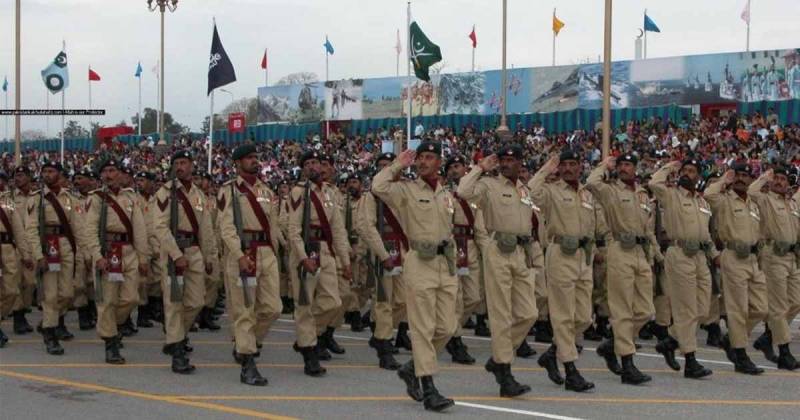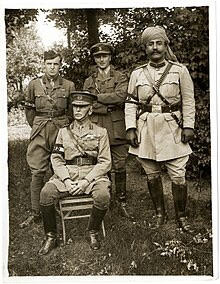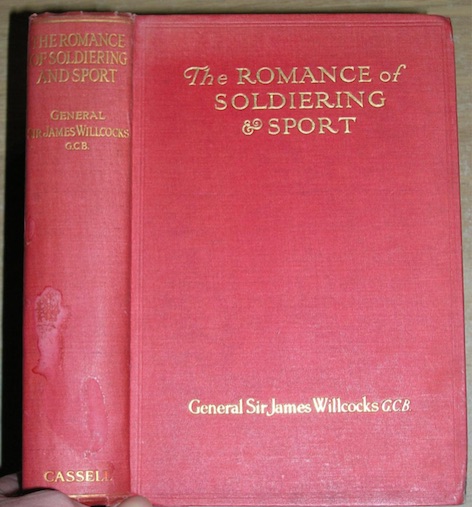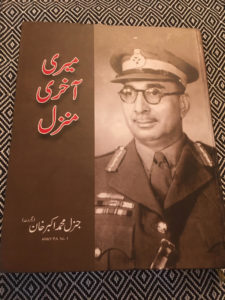
 The political storm in the US has raised many questions concerning human rights, democracy, militarisation of the polity. In recent days, it has drawn attention towards civil-military relations, or American military’s relationship with the constitution. It has made people wonder, especially in countries where militaries are powerful about what do their armed forces lack? Is it simply because the civilian leadership could not control the guardians of the state or is it about some inherent flaw in the structure?
The political storm in the US has raised many questions concerning human rights, democracy, militarisation of the polity. In recent days, it has drawn attention towards civil-military relations, or American military’s relationship with the constitution. It has made people wonder, especially in countries where militaries are powerful about what do their armed forces lack? Is it simply because the civilian leadership could not control the guardians of the state or is it about some inherent flaw in the structure?Recently I came across a memoir of Sir James Willcocks, a British General, who commanded two Divisions of British Indian Army in France and Belgium. The memoir is called “The Romance of Soldiery and Sports” and it was published in 1925.
“Remove the British officer and you will soon find that it is your own Army that will rule you, and not you the Army”, Willcocks wrote while discussing the issue of nationalizing the Army which was a hot topic among the nationalist circles at the time.
 General Willcocks was commander of British Indian Army in North West Frontier from 1907 to 1908 and it was during this period that he led the force in Zakka Khel campaign against Afridi rebellion. Reading his memoirs, it seems that the idea of ‘Indianizing the Army’ did not excite him. The indigenous officer cadre and officials had argued for removing British officers because “we are going to be responsible for our country; it is for us to decide our men”. But Willcocks believed that the presence of British officers even in purely Indian regiments was a guarantee of a higher professional conduct in the barracks. “I have lived too long among the real manhood of India to be deceived by the bombast of the self-constituted champions of what they are pleased to call “the Indian nation”, he concluded.
General Willcocks was commander of British Indian Army in North West Frontier from 1907 to 1908 and it was during this period that he led the force in Zakka Khel campaign against Afridi rebellion. Reading his memoirs, it seems that the idea of ‘Indianizing the Army’ did not excite him. The indigenous officer cadre and officials had argued for removing British officers because “we are going to be responsible for our country; it is for us to decide our men”. But Willcocks believed that the presence of British officers even in purely Indian regiments was a guarantee of a higher professional conduct in the barracks. “I have lived too long among the real manhood of India to be deceived by the bombast of the self-constituted champions of what they are pleased to call “the Indian nation”, he concluded.Though India did not witness military’s direct role in politics after partition, the prediction made by the British General proved right in the case of Pakistan, the area where General Willcocks spent many of his command and staff years and where Army directly or indirectly ruled the country during much of its post-independence period. Senior officers of regiments inherited by Pakistan at the time of partition succeeded in purging the Army of the British leadership within years of independence.
A decision to start efforts to put pressure on the government to nationalize the Pakistan Army was taken during a meeting of senior officers on 25 May 1949 at the residence of the then Major-General NM Raza at Rawalpindi. Major-General Muhammad Akbar Khan (Rangroot), who spearheaded the movement, wrote the details of this meeting in his book “Meri Akhri Manzil” that was published much later in 2006.For the formation of a new pressure group, a meeting was called on 24 May 1949 by Major-General NM Raza at his residence. The meeting was attended by almost 80 percent of senior officers of Pakistan Army who signed a statement that designated General Akbar as the point man for leading a movement to rid the army of British officers. The term used for General Akbar during the meeting was ‘barra bhai’ (elder brother). During the meeting General Raza shared the details of a letter written to him by General Nazir Ahmad informing of the then commander-in-chief of the Army, General Douglas David Gracey and General McCoy’s opposition to recommendations of the Committee constituted by the Government of Pakistan for the nationalization of Armed Forces. Interestingly, the then Secretary Defence (Iskandar Mirza) and Joint Secretary Mr Naqvi strongly supported Gracey’s idea while Mr SI Haq, another Joint Secretary based in Rawalpindi, had agreed with the recommendations for nationalization.

The group that gathered at General Raza’s residence was concerned that the report on nationalization has been “thrown in the dustbin”. Therefore, a strategy had to be chalked out to change the government’s decision. Reportedly, Major-General Akbar Khan dissuaded those present from turning this gathering of officers into a formal meeting, warning them of disciplinary implications. Instead he took it upon himself to reflect the sentiments of the officers in a letter sent to Nawabzada Liaquat Ali Khan, the Prime Minister, who also held the portfolio of Defence.
This bid to nationalise Pakistan Army did not succeed immediately but resulted in triggering a chain of events culminating in sending all the British officers packing after expiry of their contracts when General Ayub Khan became the first Pakistani Commander in Chief of Pakistan Army on 23 January 1951. The indigenous officers, as subsequent events show, were keen to exercise powers just like their British predecessors; and were not fully conversant with the significance of the local constitution that was still evolving. Perhaps this is why Pakistan experienced a different political trajectory and a the domination of military in national affairs.
